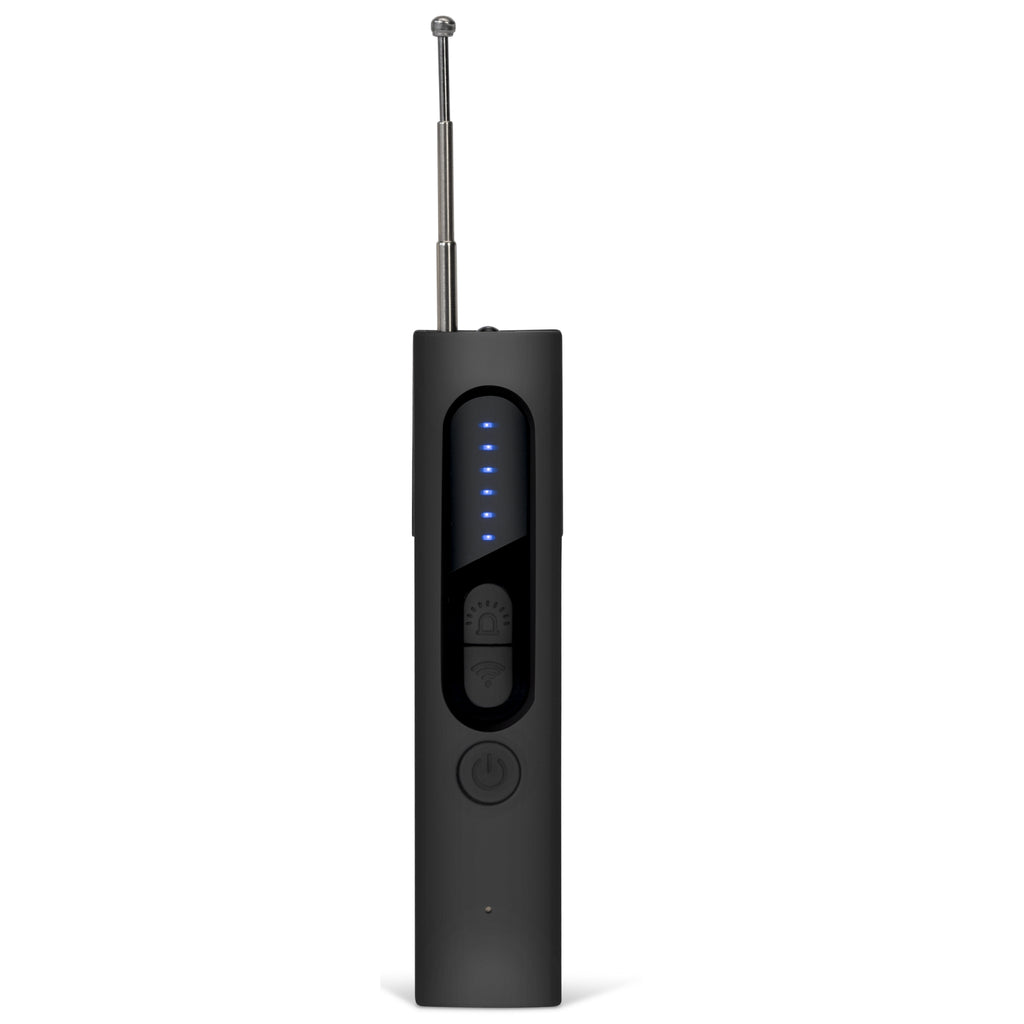
In today's digital age, concerns about privacy have become more prominent than ever. With the advancement of technology, it has become easier for individuals to invade others' privacy through hidden devices such as cameras and microphones. This has led to the need for innovative solutions to protect personal privacy, and one such solution that is gaining popularity is hidden device detectors.
The Rise of Hidden Device Detectors
Hidden device detectors are tools designed to detect and locate hidden cameras, microphones, and other spying devices that may be used to compromise privacy. These detectors use advanced technology to scan an area for electromagnetic signals that are emitted by electronic devices. By detecting these signals, hidden device detectors can help individuals identify and remove hidden devices, thus safeguarding their privacy.
How Hidden Device Detectors Work
- Hidden device detectors use radio frequency (RF) detection to locate hidden cameras, microphones, and other listening devices.
- They scan the area for electromagnetic signals that are emitted by electronic devices.
- Once a signal is detected, the detector alerts the user through visual or auditory signals.
- Some detectors also have the ability to detect hidden devices through walls and other obstacles.
Benefits of Hidden Device Detectors
- Enhanced privacy protection: Hidden device detectors provide an added layer of security and privacy by identifying and removing potential spying devices.
- Peace of mind: By using hidden device detectors, individuals can have peace of mind knowing that their privacy is being safeguarded.
- Easy to use: Hidden device detectors are user-friendly and can be easily operated by individuals without technical expertise.
- Cost-effective: Investing in a hidden device detector is a cost-effective way to protect your privacy compared to the potential consequences of a privacy breach.
Applications of Hidden Device Detectors
Hidden device detectors have a wide range of applications across various industries and settings. Here are some key areas where hidden device detectors are making a significant impact:
Residential Use
- Protecting privacy in homes and apartments by detecting hidden cameras and microphones.
- Ensuring the security of personal spaces and preventing unauthorized surveillance.
Corporate Settings
- Safeguarding sensitive information in offices and conference rooms from potential eavesdropping.
- Preventing industrial espionage and protecting trade secrets.
Hospitality Industry
- Ensuring guest privacy in hotels, Airbnb rentals, and other accommodation facilities.
- Maintaining a secure environment for guests and protecting their personal information.
Choosing the Right Hidden Device Detector
When selecting a hidden device detector, it is important to consider the following factors to ensure optimal performance and reliability:
Detection Range
- Choose a detector that offers a sufficient detection range to cover the area you want to protect.
- Consider the size of the space and the potential locations where hidden devices may be concealed.
Features and Functionality
- Look for detectors with additional features such as frequency scanning, sensitivity adjustment, and signal strength indicators.
- Consider the ease of use and any special functions that may enhance the detection process.
Portability and Size
- Opt for a hidden device detector that is compact and portable for easy transportation and use in different locations.
- Consider the battery life and power source of the detector for extended use.
Conclusion
Hidden device detectors are valuable tools that can help individuals protect their privacy and prevent unauthorized surveillance. By investing in a hidden device detector, you can take proactive steps to safeguard your personal information and maintain a secure environment in various settings. As the technology continues to evolve, hidden device detectors are changing the game in the battle against privacy breaches and ensuring peace of mind for individuals concerned about their privacy.





